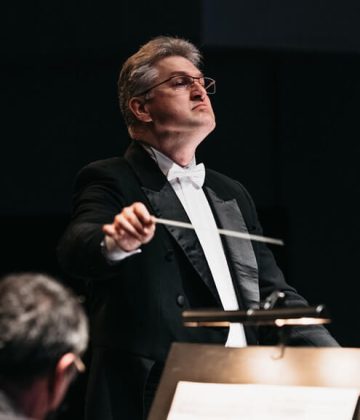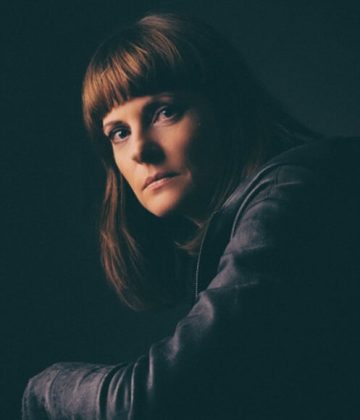ORPHÉE AUX ENFERS
An operetta in 2 acts sung in Lithuanian
Libretto by Hector Crémieux and Ludovic Halévy
Translated from the French by Virginijus Pupšys and Audronė Grigienė-Olejniczak
As in heaven, so on earth. We might add: the reverse is also true. This proverb aptly describes the plot of the well-known ancient myth of Orpheus and Eurydice, retold in Jacques Offenbach’s most famous operetta. Orpheus is not the son of the god Apollo at all, but a simple provincial violin teacher whose talent and endless chirping are not at all admired by his spouse, the desperate housewife Eurydice. So he is not the least bit dismayed when his musically intolerant wife is deceitfully kidnapped by her lover, Pluto, the ruler of the underworld, posing as the shepherd and beekeeper, Aristeus. But Public Opinion catches up with Orpheus threatens to ruin his violin teaching career unless he goes to rescue his wife. On Olympus, they are greeted by a company of gods and goddesses who are bored out of their minds. And when the entire family of gods descends to hell to rescue Eurydice, a real bacchanalia ensues…
Since the emergence of the opera genre at the turn of the 16th and 17th centuries, the plot , which was considered almost sacrosanct in opera, was used by many composers for serious operas. Whereas the creators of Orphée aux enfers transformed it into a parody—a satirical pamphlet on the social life of the time of Napoleon III and the Second French Empire. Moreover, Jacques Offenbach, who staged it in 1858 at the Theatre des Bouffons, which he had founded himself, legitimised the French cabaret dance, the cancan, which was then considered immoral, and made it popular throughout the world. Rūta Bunikytė, the director who staged this operetta for the first time at the Klaipėda State Musical Theatre, brought its characters down to earth, or rather—to the stairway connecting heaven, earth and hell. Renata Valčik, who designed sets and costumes for the production, has placed the whole company of wanton gods, goddesses and humans in a fancy parlour with antique sculptures and tulle curtains.








